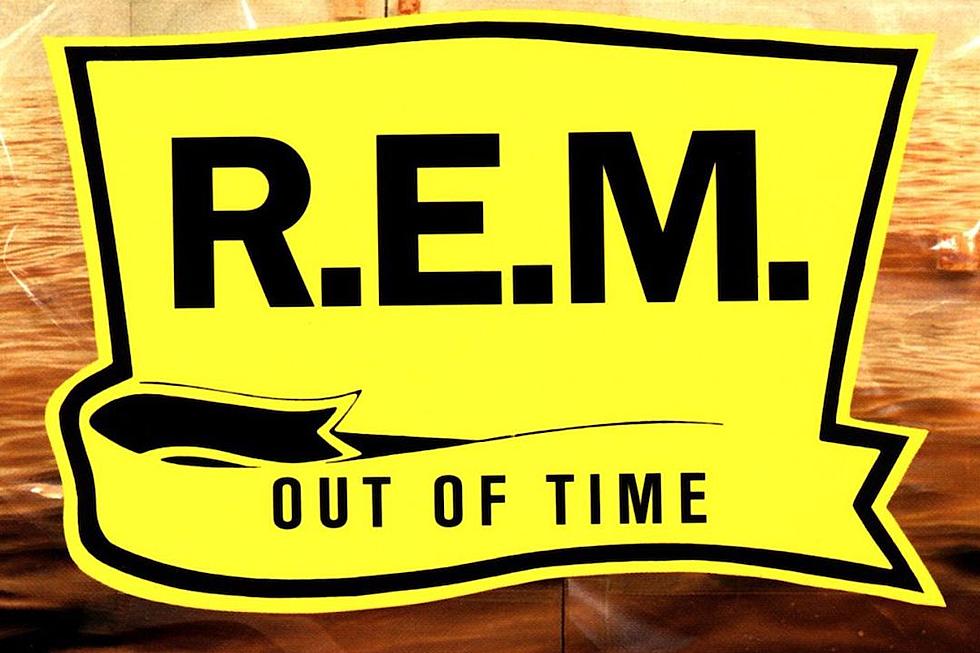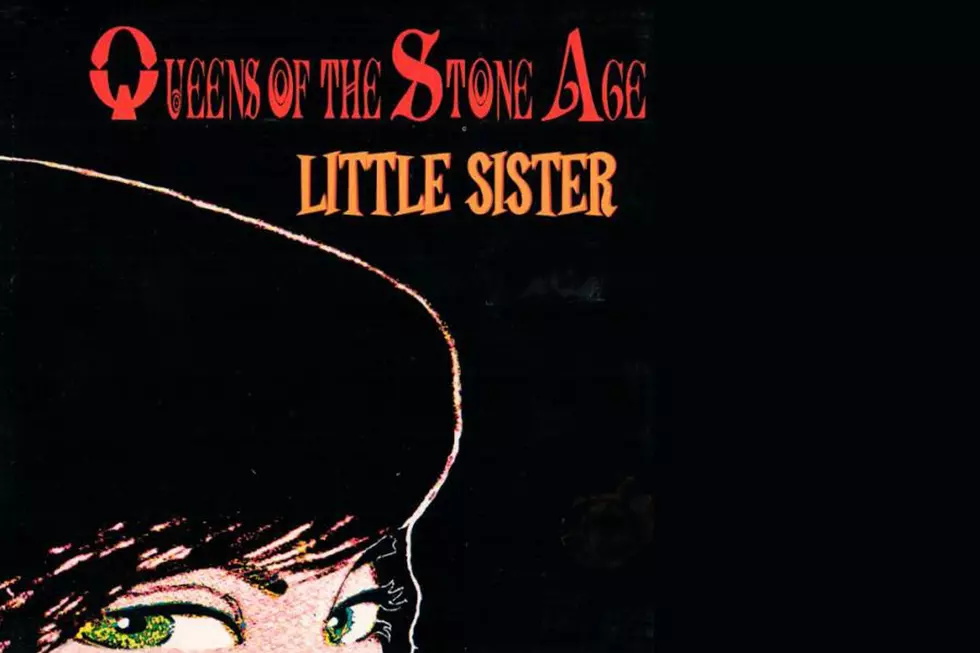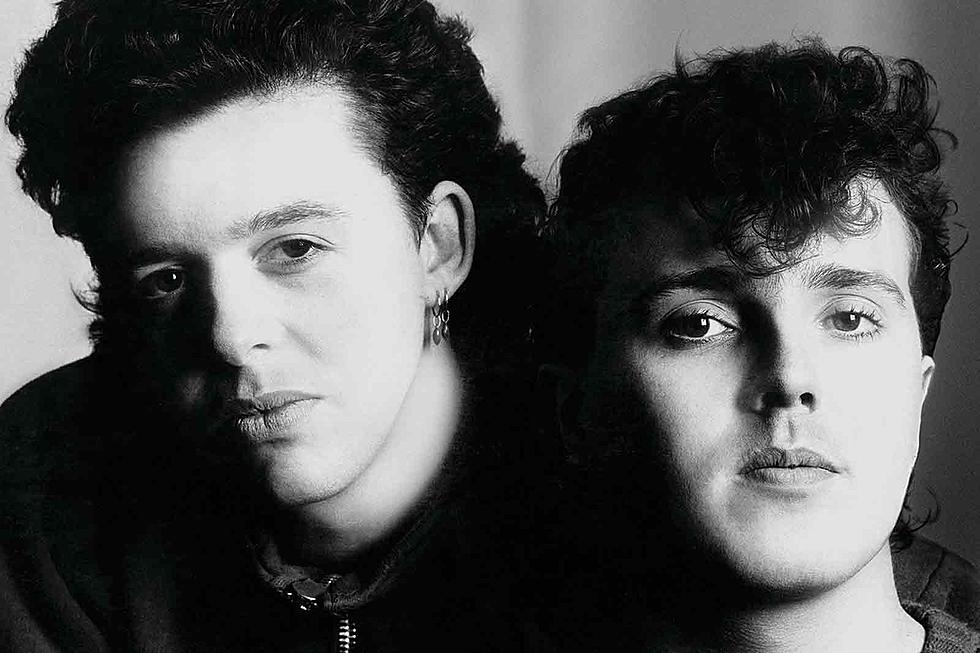25 Years Ago: Jesus Jones Embrace the Computer Age on ‘Perverse’
In 1991, Jesus Jones were having a moment. The British rockers had scored a major success with their second album, Doubt, breaking through in America and riding the crest of a blockbuster single. But frontman Mike Edwards was having difficulty living in the “Right Here, Right Now.”
The band’s singer and creative leader had his ear to the future and, according to Edwards, it wasn’t to be found in the traditional rock ’n’ roll setup of guitar, bass, keyboards and drums. Inspired by the British techno trend with new acts such as Aphex Twin and the Prodigy, he leaned into the computer age with a vision of a techno-rock hybrid.
This wasn’t a sea change for Jesus Jones; Doubt had featured samples, synthesizers and electronic beats. But as Edwards began to sketch out new lyrics and musical ideas (using a Roland sampler while on tour with the band), he took the accoutrements of the previous record and harnessed them as the engine that would drive the next one. The musician who had, until then, written new material on guitar was now creating what would be titled Perverse on keyboards and building up ideas via a pair of methods.
There was what he called the “collade” technique: “Get a sample you really like, a musical phrase or just one sound you can make into a musical phrase,” Edwards told Making Music in 1993. “Make it do something you enjoy, then add an extra instrument on top, something that sets off the adrenalin, and then just keep collaging until at some point you think ‘structure’.”
Then, there was the “cire perdu” method: Something similar to a sculptor’s wax-loss casting, in which the original model melts to produce a new mold. Edwards would make his version of a composition he liked, then transmute it into a new, original work.
Although Edwards had always been the man with Jesus Jones’ artistic leader, the band’s new sound sidelined the other members in a way they hadn’t before. Yet, they still contributed with Jerry De Borg playing MIDI guitar straight into a computer or drummer Gen hitting drum pads. Considering the state of technology in 1992, when Perverse was taking shape, all of the music had to be saved on floppy discs.
Edwards took all the data and, along with producer Warne Livesey, manipulated it on a variety of electronic instruments and gadgetry. As such, Perverse has been called the first rock album to be created totally on computer – with the exception of Edwards’ traditionally recorded lead vocals. Edwards' musical experiments inspired the lyrics, which often focused on technology and progress.
“Ultimately [working on computers] made things more interesting for me as a writer,” he said, “mostly because of the degree of editability at every stage of what you do – notes, timing, sounds – as long as the data exists, it’s all changeable.”
But being on the forefront of a new way of recording pop music didn’t come cheap. It was reported that Edwards and company spent nearly £100,000 (more than $250,000 in today’s U.S. currency) in making Perverse. It was about five times more expensive than Doubt.
Jesus Jones’ third album arrived on Jan. 25, 1993 (on Food in the U.K. and SBK in the U.S.) and gained attention – both good and bad – for its attempt to fuse rock with techno. Commercially, it performed well, going to No. 6 in England and No. 59 in America and launching three Top 40 U.K. hits. But “The Devil You Know,” “The Right Decision” and “Zeroes and Ones” couldn’t match the success of “Right Here, Right Now” and Perverse was soon seen as a disappointment that stalled the band’s progress. The band would never again make the U.S. charts, nor generate the same excitement in their homeland.
Although reviews were mixed in 1993, music writers have since become more generous to Edwards’ experiments on Perverse. As computers and electronic sounds became not just commonplace, but essential to pop music, the Jesus Jones frontman now seems like a pioneer. Yet, while lauding the album’s creativity, critics have noted how dated this music (recorded on floppy discs, after all) can sound and how lyrics decrying “Magazines” or praising “Zeroes and Ones” appear antiquated.
“Yeah, obviously that approach stuck with me,” Edwards told 100 Percent Rock in 2015, “which is why Perverse not only sounds the way it does, but has the lyrical themes that it does – including the now quaintly amusing idea that the internet might actually be quite an interesting thing! ‘Zeroes and Ones,’ the song, is very hard to sing with a straight face these days.”
More From Diffuser.fm









